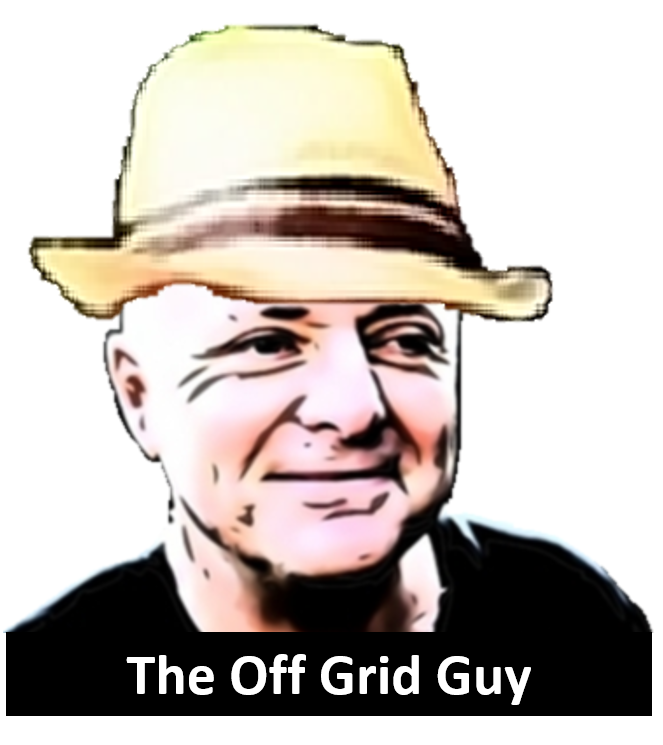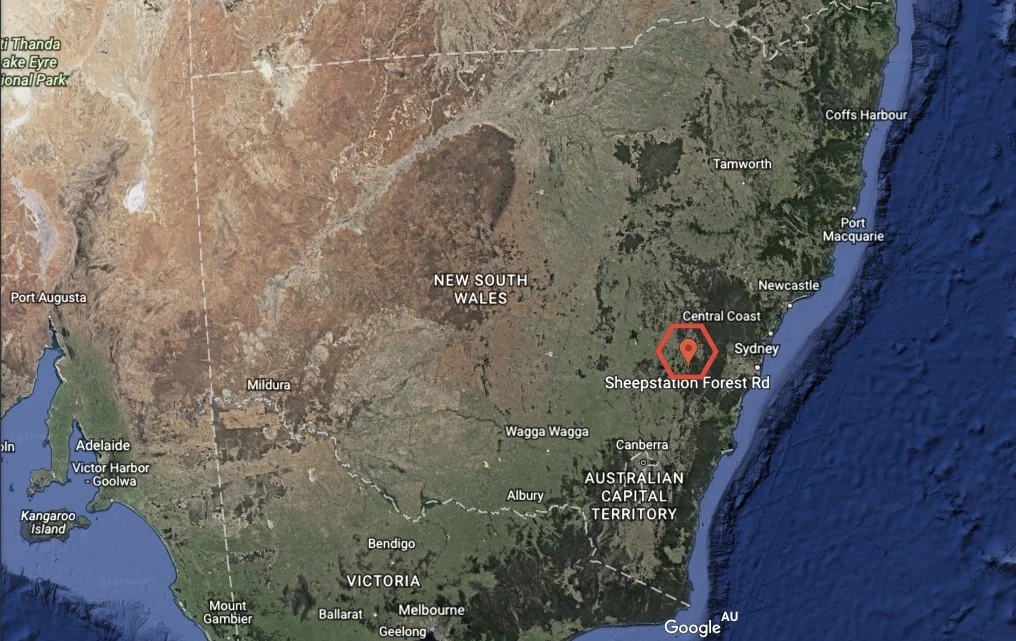Two scholarships have been awarded to people living over 100 k outside Sydney for the Low Bills Living Course commencing 22 July at Sydney's Sustainable House.
A few places are still available for booking here.
One is to Donna Russo, who lives near Oberon in NSW, and the other is to a family living in Canberra.
Here are their stories so far.
As we go through the workshops and afterwards each person in the course will develop their budgets, contracts, choose materials and appliances and tell their stories from time to time.
These stories, we hope, will show others how to choose a low bills lifestyle, spread information about the simple, readily-available ways to use the sun and the rain which falls freely where we live.
Problems, such as unreliable solar installers and products, energy-hungry plumbing, polluting materials, cold and wet bathrooms, and such will be honestly described in detail, as will the solutions, precautions and recommendations for reliable tradespeople and businesses. Solutions for getting 'yes' at affordable prices and times from local councils, and other red tape challenges will be workshopped
Donna Russo, from near Oberon is joining the Low Bills Living Course as a distance participant
Donna Russo
Donna approached me by email after the story about the excellent presenters for the course, and wrote:
“Hello Michael,
I am very interested in applying for your scholarship for your upcoming event The Low-Bills Living Course.
I live in remote Blue Mountains and have a dream to expand SHE (sustainable holiday education) accommodation on my property. The four cottages are 40yo, inefficient and leaky. This is my current project www.TBMaustralia.com
Your beautiful neighbours, the Everingham’s have stayed here approx 2+ years ago and mentioned your great achievements.
Either way, I have connected with you (out of the blue) from a friend’s FB posting.
All the best,
Donna”
After some emails and a Skype chat, Donna, has written explaining why she wants to do the Low Bills Course:
“ “You don’t know what you don’t know until you know it”, Richard Pratt
• Tarakuanna farm
I relocated from the Gold Coast Qld to remote Blue Mountains NSW, October 2010. Initially with concerns of what may happen environmentally living so close to the ocean.
Now, I am home.
350 wild undulating acres tucked in a valley descending from what seems, the top of the world.
Four cottages, lake, orchard, native wildlife, two water ways and the most delicious water ever tasted, grace this property. It’s off grid with no mobile reception and tranquility so loud you can hear yourself and nature.
I have found me and a way to a sustainable and viable future, yet I arrived without knowledge, skill or knowing of what I wanted. The quote above by Richard Pratt (Visy Board) sums up where I am today. I needed to see before I knew what I was looking at … and I understand everyone is in the same earthly boat.
My property Tarakuanna offers holiday guests a unique opportunity to experience nature and off grid living first hand. It’s mostly a relief to be disconnected, yet the current limited offerings of poor housing design has its challenges.
Tarakuanna is a place people love to stay and at the same time, hopefully interrupt their everyday living, to see what is important. Tarakuanna is a place where connection and harmony with nature and man, are inevitable.
Improving the accommodation to be fully sustainable and offering Sustainable Holliday Education Accommodation (SHE accommodation) will landmark one shift humanity needs to make. It is an experience, not a philosophy and the unknown no longer a fear, yet an option.”
Maree Wright and family
• Maree Wright and family
Maree contacted me after the last newsletter and wrote about why she and her family wish to join the Low Bills Living Course.
'Hi Michael, thanks for getting back to me.
My name's Maree, my little family and I are Canberra based, in a 3 bed brick veneer 'ex govvie' on a 750m2 block.
We have been contemplating renovations for a while and recently engaged an architect to do some drawings for a revamp of our kitchen/ living space, with a small extension and a lot of remodelling.
Our block faces north, and we have been here 3 1/2 yrs, so we have a good feel for the site and the things that need to be improved.
We have done a few simple things, like insulating the wall cavity, improving the window dressings and closing some air leaks, but more serious works need to be planned. I have studied permaculture, we have chickens, bees and veggies, and we want to ensure that our home works for us, in a practical, environmentally friendly, and sensible way for the long term. Particularly I'd like for us to be as self-sufficient as possible in energy and water, and design a home that is thermally comfortable, easy to clean, functionally convenient and has the least environmental impact we can achieve.
I've been reading the second edition of your book with notepad and pencil, and then came across your website and the low bills course and scholarship. The sensible approach really resonated with me, and my husband was quite impressed with the 'not-hippy' attitude towards using intelligent design to improve your environmental footprint.
What I want to get out of this course:
• Information. What are the best (or least bad) materials, products and methods to use in a home reno
• Practical Advice. I found the section on fridge ventilation mind-blowing. The trouble is, if you don't know about things like this, you don't even realise it can make such a difference. Also I've never been involved in a large building project, and I'm unfamiliar with how the industry works
• Resources. Are there any reliable, affordable commercial wastewater treatment systems which will work reliably? How do I decide between greywater and all wastewater re-use? Is the new battery storage/solar package a viable option (particularly the CSIRO-developed Evergen system). What are the best kind of double-glazed windows?
• Inspiration. It is always easier if someone else has blazed the trail, and can show you that it does work and here's how
• Reduced energy use. Over the last 12 months our bills show nearly 11,000KWH of electricity, nearly 16,000MJ of gas and 154KL of water used. I find this astounding. That's over $1600 on electricity, $700 on gas, and $1000 on water and sewage, not to mention the environmental impact which is actually more concerning to me than the money.
The scholarship and being able to participate from home is a fantastic option for me, it would cost twice as much to get to Sydney and stay the nights, and the absence would be a challenge to my family.
Thanks again,
Maree"








